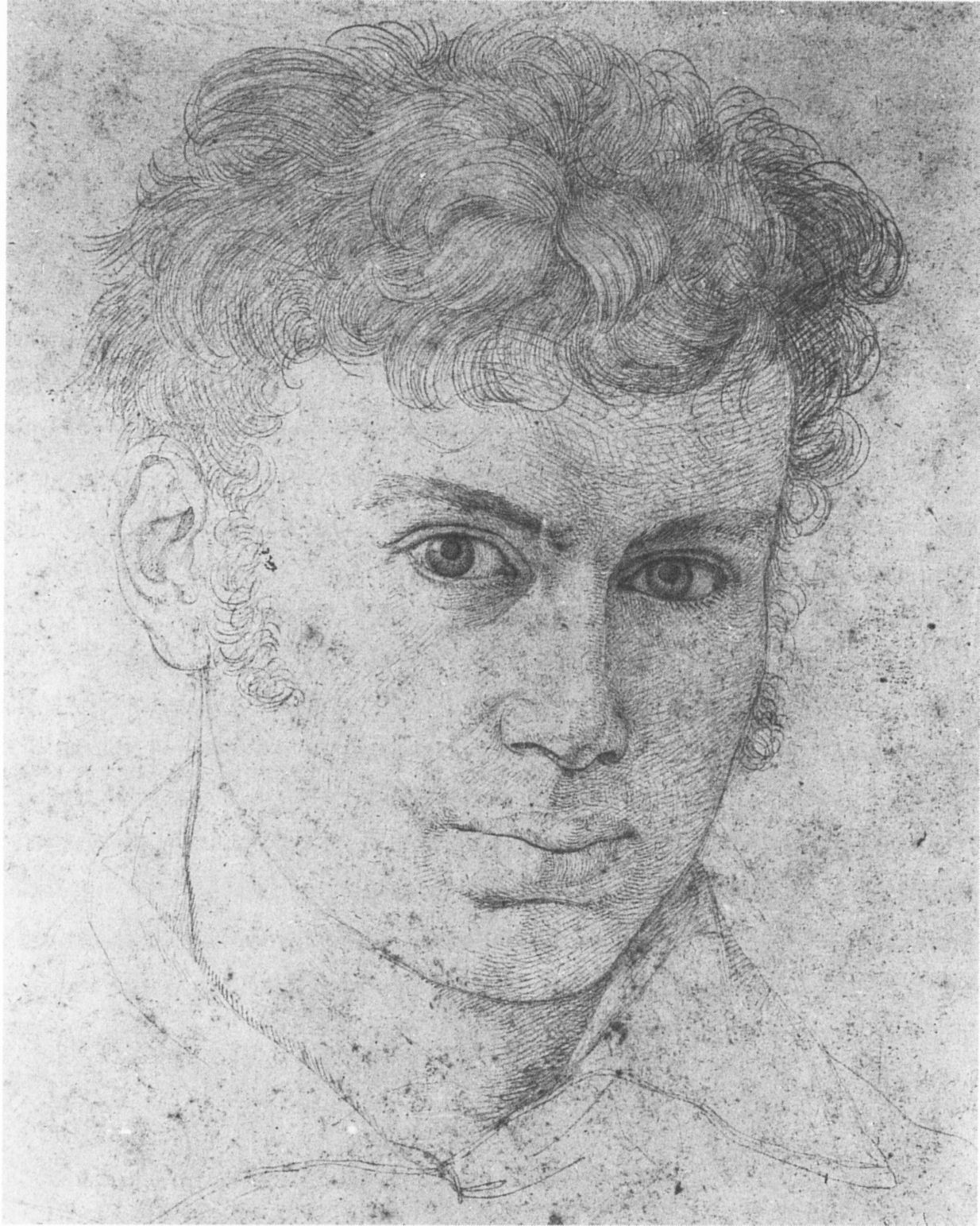Johannes Veit on:
[Wikipedia]
[Google]
[Amazon]

 Johannes Veit, originally Jonas Veit (2 March 1790,
Johannes Veit, originally Jonas Veit (2 March 1790,
from '' Bénézit'', @ Oxford Art Online

 Johannes Veit, originally Jonas Veit (2 March 1790,
Johannes Veit, originally Jonas Veit (2 March 1790, Berlin
Berlin ( , ) is the capital and List of cities in Germany by population, largest city of Germany by both area and population. Its 3.7 million inhabitants make it the European Union's List of cities in the European Union by population within ci ...
- 18 January 1854, Rome
, established_title = Founded
, established_date = 753 BC
, founder = King Romulus (legendary)
, image_map = Map of comune of Rome (metropolitan city of Capital Rome, region Lazio, Italy).svg
, map_caption ...
) was a German history painter. After 1811, he lived and worked in Rome, where he was a member of the Nazarene movement
The epithet Nazarene was adopted by a group of early 19th-century German Romantic painters who aimed to revive spirituality in art. The name Nazarene came from a term of derision used against them for their affectation of a biblical manner of c ...
. "Johannes Veit"from '' Bénézit'', @ Oxford Art Online
Life and work
He was born to the banker, Simon Veit, and his wife Brendel; daughter of the philosopher,Moses Mendelssohn
Moses Mendelssohn (6 September 1729 – 4 January 1786) was a German-Jewish philosopher and theologian. His writings and ideas on Jews and the Jewish religion and identity were a central element in the development of the ''Haskalah'', or ' ...
. After his parents divorced, in 1799, he stayed in Berlin with his father. In 1805, he went to Hamburg
(male), (female) en, Hamburger(s),
Hamburgian(s)
, timezone1 = Central (CET)
, utc_offset1 = +1
, timezone1_DST = Central (CEST)
, utc_offset1_DST = +2
, postal ...
and began an apprenticeship at Mendelssohn & Co., a private banking firm owned by his uncles, Joseph
Joseph is a common male given name, derived from the Hebrew Yosef (יוֹסֵף). "Joseph" is used, along with "Josef", mostly in English, French and partially German languages. This spelling is also found as a variant in the languages of the mo ...
and Abraham Mendelssohn
Abraham Ernst Mendelssohn Bartholdy (born Abraham Mendelssohn; 10 December 1776 – 19 November 1835) was a German banker and philanthropist. He was the father of Fanny Mendelssohn, Felix Mendelssohn, Rebecka Mendelssohn, and Paul Mendelssohn ...
. Three years later, inspired by his brother Philipp
Philipp is both a surname and a given name. Notable people with the name include:
"Philipp" has also been a shortened version of Philippson, a German surname especially prevalent amongst German Jews and Dutch Jews.
Surname
* Adolf Philipp (1864 ...
, he decided to take up art instead, and enrolled at the Dresden Academy of Fine Arts
The Dresden Academy of Fine Arts (German ''Hochschule für Bildende Künste Dresden''), often abbreviated HfBK Dresden or simply HfBK, is a vocational university of visual arts located in Dresden, Germany. The present institution is the produc ...
, where he studied with Friedrich Matthäi.
In 1810, he and Philipp converted to Catholicism
The Catholic Church, also known as the Roman Catholic Church, is the largest Christian church, with 1.3 billion baptized Catholics worldwide . It is among the world's oldest and largest international institutions, and has played a ...
, as their mother had, two years before. It was then, at his baptism, that he took the name "Johannes". The following year, after a brief period working in Vienna, he moved to Rome, although he had originally planned to go to Paris. The occasion for his change of mind was his interest in the works of Gottlieb Schick, who was then living in Rome, and in poor health. Following Schick's return to Stuttgart, he befriended Friedrich Overbeck, and became involved in the Nazarene movement.
He was a slow, painstaking worker, who made very heavy demands on himself. As a result, his output was rather small. One of his most familiar works is an early " Adoration of the Shepherds", at St. Hedwig's Cathedral in Berlin.
References
Further reading
*Salomon Wininger
Salomon Wininger (; 13 December 1877, Gura Humora, Bukovina – December 1968, in Ramat Gan, Israel) was an Austrian-Jewish biographer. He has been called one of the greatest Jewish biographers of all time.
Before World War I, Wininger lived in ...
: ''Große Jüdische National-Biographie'' ("Lexicon of Jewish National Biographies"). Chernivtsi 1925–1936, Vol.VI, pg.178
*
External links
{{DEFAULTSORT:Veit, Johannes 1790 births 1854 deaths German romantic painters Nazarene painters 18th-century German Jews Converts to Roman Catholicism from Judaism